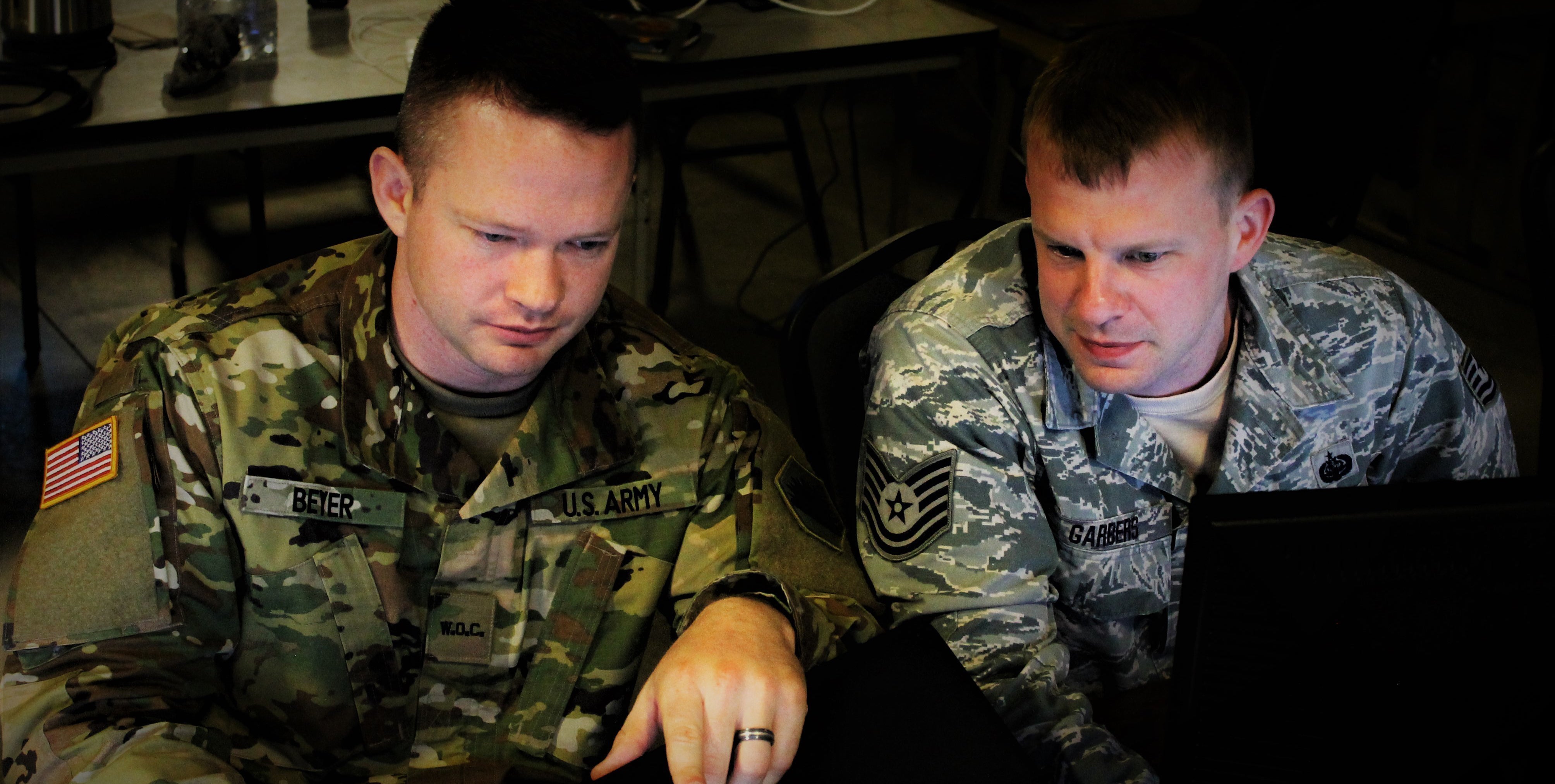National Guard Prepared for Cyberattacks
National Guard Prepared for Cyberattacks

The chief of the National Guard Bureau said the Guard is prepared to respond to cyberattacks that are now “daily battlegrounds” in the homeland, citing attacks on school districts and government agencies in Texas earlier this year.
“Our adversaries and nonstate actors use cyber activity to target personnel, commercial and government infrastructure, and the effects can be devastating,” Air Force Gen. Joseph Lengyel said during a Nov. 5 media roundtable at the Pentagon.
Cybersecurity is a relatively new domain, but one of increasing importance and one where the Guard has seen growing involvement. “When I first joined the National Guard, cyber was not part of our vocabulary, but certainly now it is,” Lengyel said.
In late October, Lt. Gen. Daniel Hokanson, director of the Army National Guard, announced the stationing of the Army Guard’s fifth cyber battalion in Indianapolis. The newly formed 127th Cyber Battalion is expected to reach operational capacity in 2022.
“The Army National Guard’s role in national cybersecurity provides a larger blanket of protection against our adversaries,” Hokanson said.
Guard soldiers and airmen in Illinois are also forming a cyber task force to assist their states in the event of a domestic cyberattack, Lengyel said.
Several school districts and counties or parishes in Texas and Louisiana were targeted over the summer by ransomware attacks, malicious software designed to block access to a computer system until a ransom is paid. The Guard response helped ensure the schools opened on time and government employees were able to get back to work, Lengyel said.
“[Ransomware] is obviously a new and emerging kind of enterprise. We are able to access superb civilians and skill sets, and they can bring capabilities that the military sometimes does not have,” he said, adding that many Guard members have cyber-related civilian jobs.
“This will be part of the cyber mission force that will be part of the Army’s mission to, if needed, be federalized and mobilized to do cyber activity for the U.S. Army or the U.S. Cyber Command,” he said. “And when they’re not mobilized, we can do our homeland mission.”

